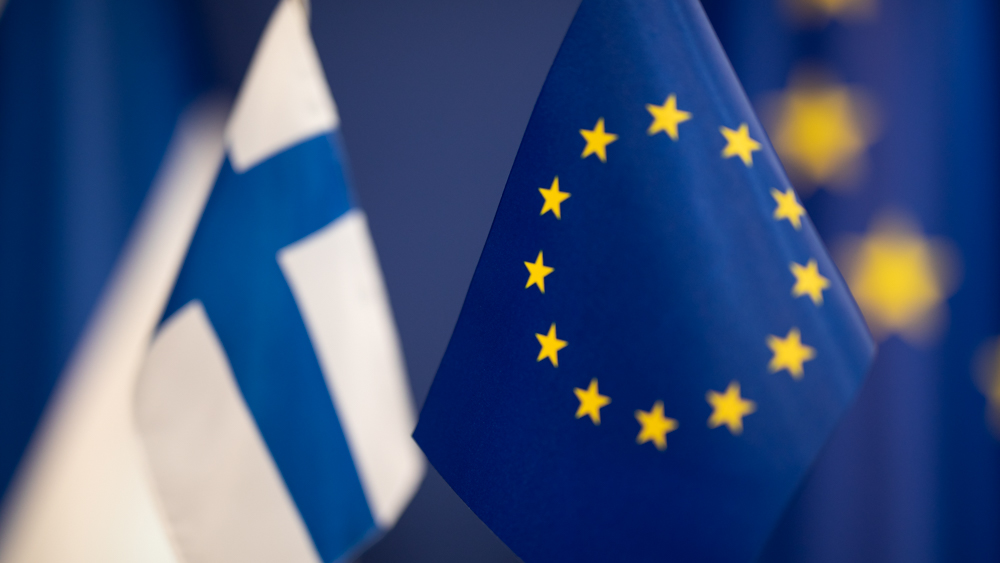Cabinet Committee on EU Affairs considers the use of immobilised Russian Central Bank assets to support Ukraine

The Cabinet Committee on EU Affairs has formulated the position of Finland on using immobilised Russian Central Bank assets to support Ukraine, and on establishing a cooperation mechanism for loans to Ukraine and granting macro-financial assistance to Ukraine.
Finland supports the European Commission proposal to establish a cooperation mechanism for loans to Ukraine, and to grant exceptional macro-financial aid to Ukraine in response to its urgent need for additional funds. Finland also stresses the importance of participation in the new cooperation mechanism for loans to Ukraine by non-EU partner countries, especially from the G7 group.
The Council of the EU is considering proposals for further measures related to the use of extraordinary profits from immobilised Russian assets. The aim is to provide additional funding to Ukraine in the form of loans to be administered and repaid using extraordinary profits from immobilised Russian Central Bank assets. Assets of the Russian Central Bank held by financial institutions in the Member States have been immobilised since February 2022 as part of sanctions imposed by the EU on Russia.
The Commission proposal to establish a cooperation mechanism for loans to Ukraine and to grant exceptional macro-financial assistance to Ukraine was published on 20 September 2024. The goal of the Commission is to make a total of EUR 35 billion in financial assistance loans available to Ukraine by the end of 2024.
Under the Government Programme, Finland is strongly committed to supporting Ukraine and its reconstruction, and remains open to various financing solutions in support of Ukraine.
The Cabinet Committee on EU Affairs also outlined the position of Finland for the following Council meetings:
- Eurogroup on 7 October and ECOFIN on 8 October
- Justice and Home Affairs on 10-11 October
- An informal meeting of employment, social policy and health ministers on 9-10 October
The Economic and Financial Affairs Council (ECOFIN) will discuss the economic and financial impacts of the Russian invasion, including the Commission proposal on using extraordinary profits from immobilised Russian Central Bank assets to support Ukraine.
The Eurogroup will review the preparation of international conferences and the scenario for the digital euro in an evolving payment ecosystem. The Eurogroup in inclusive format will consider finalising work on euro area competitiveness, an overview of the state of the capital markets union, and preparations for the October Euro Summit.
The Justice and Home Affairs Council will seek to approve its partial overview of the proposed Regulation to Prevent and Combat Child Sexual Abuse (known as the CSAM Regulation). The Council will also discuss the general state of the Schengen area, with particular reference to improving the resilience of external borders. The ministers will also discuss strengthening the EU migrant return policy. The agenda for justice affairs will include combating organised crime and drug trafficking.
The informal meeting of employment, social policy and health ministers to be held in Budapest will discuss problems in the availability of skilled labour and the inclusion and employment opportunities of disabled people.
Inquiries: Elisa Tarkiainen, Special Adviser (EU Affairs), tel. +358 50 433 4533; Jari Luoto, Director General, Government EU Affairs Department, tel. +358 50 468 5949, and Lauri Heikkinen, Communications Specialist, Prime Minister's Office, tel. +358 29 516 0034
The agendas and public documents of the Cabinet Committee on EU Affairs are published on the Prime Minister's Office website